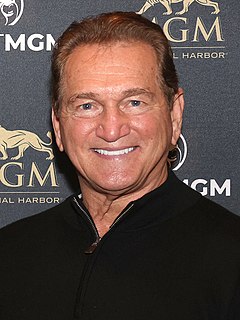A Quote by Steve Earle
Critics are notoriously liberal with their use of the term 'genius'.
Related Quotes
Genius is its own reward; for the best that one is, one must necessarily be for oneself. . . . Further, genius consists in the working of the free intellect., and as a consequence the productions of genius serve no useful purpose. The work of genius may be music, philosophy, painting, or poetry; it is nothing for use or profit. To be useless and unprofitable is one of the characteristics of genius; it is their patent of nobility.
I use throughout the term 'liberal' in the original, nineteenth-century sense in which it is still current in Britain. In current American usage it often means very nearly the opposite of this. It has been part of the camouflage of leftish movements in this country, helped by muddleheadedness of many who really believe in liberty, that 'liberal' has come to mean the advocacy of almost every kind of government control.
In the United States, where it has become almost impossible to use "liberal" in the sense in which I have used it, the term "libertarian" has been used instead. It may be the answer; but for my part I find it singularly unattractive. For my taste it carries too much the flavor of a manufactured term and of a substitute. What I should want is a word which describes the party of life, the party that favors free growth and spontaneous evolution. But I have racked my brain unsuccessfully to find a descriptive term which commends itself.



































